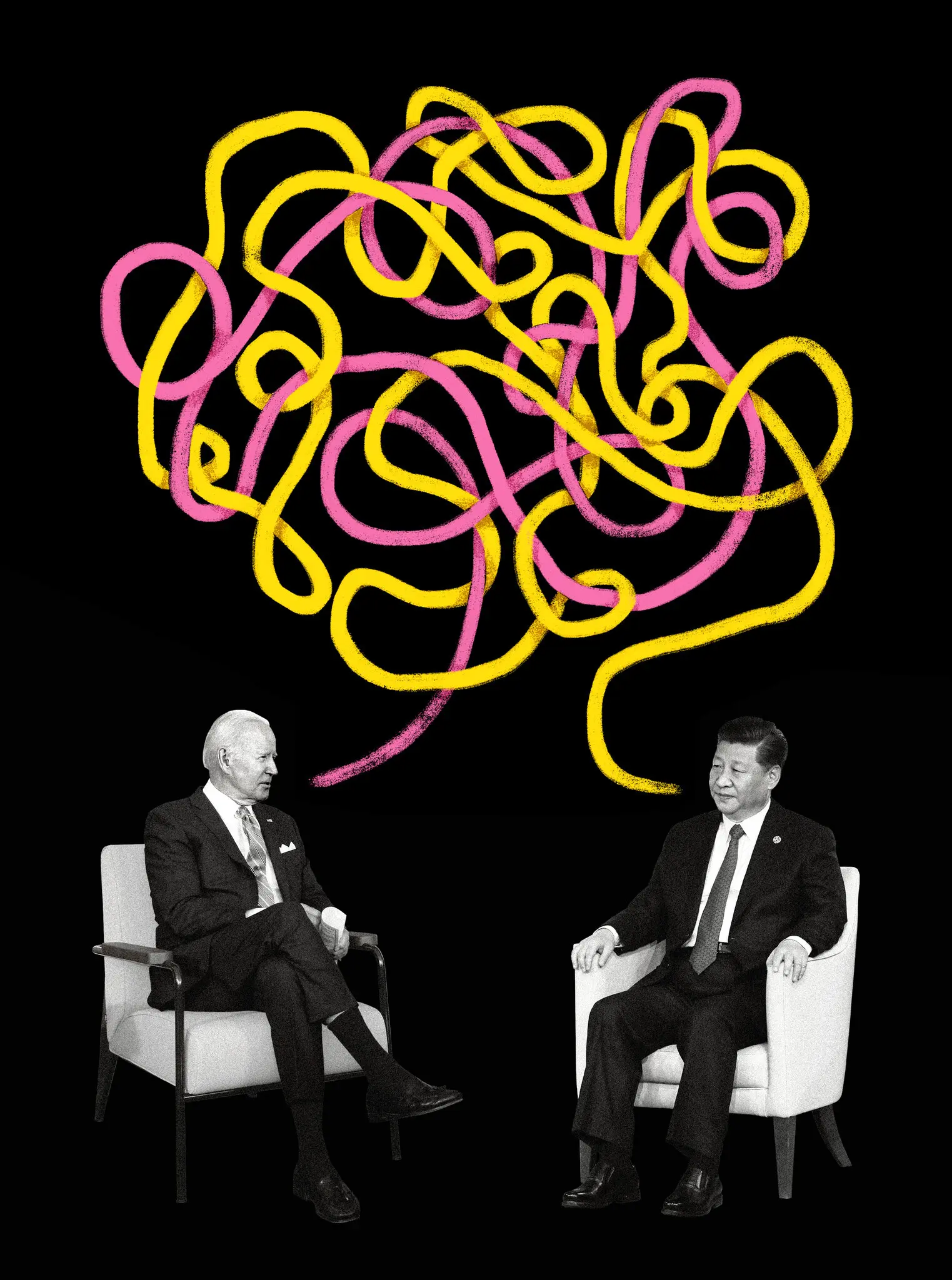
China, economically ascendant, has become increasingly assertive in pressing its economic, political and territorial claims. The United States, which long treated the country as something of a charity case, now regards it as a rival and, increasingly, as a threat. While some tension is inevitable, the rhetoric in both nations has taken a bellicose turn. There is little trust or cooperation even on issues of clear mutual interest, like combating the Covid-19 pandemic or addressing climate change.
The hardening on both sides was on full display this week. House Speaker Nancy Pelosi made a provocative visit to Taiwan to underscore America’s support for its democratic government, and China mounted an overheated response, staging military exercises that encroached on Taiwan’s airspace and territorial waters to emphasize its determination to establish sovereignty over what it regards as its own. China announced on Friday that it also would suspend communication with the United States on a number of issues, including climate change and efforts to prevent drug trafficking.
It is in everyone’s interest for the two most powerful nations on Earth to find ways of easing these tensions. Over the past half century, beginning with President Richard Nixon’s seminal visit to China in 1972, the leaders of the United States and China have repeatedly chosen to prioritize common interests above conflict. Building this relationship, for all its flaws, has contributed much to the world’s stability and prosperity.
The Biden administration has ditched the xenophobic rhetoric of the Trump White House, but it has not offered its own vision for striking a balance between competition and cooperation. Instead, it has conducted America’s relationship with China largely as a series of exercises in crisis management, imposing sanctions for China’s human rights abuses in Xinjiang and Hong Kong while seeking its cooperation on Covid, climate change and the war in Ukraine.
There are several concrete steps the United States could take that might help improve relations.
First, instead of relying on punitive trade policies rooted in fear of China as an economic rival, the United States needs to focus on competing by investing in technical education, scientific research and industrial development. It is past time for President Biden to make a clean break with the Trump administration’s failed gambit of bullying China into making economic concessions by imposing tariffs on Chinese imports.
On Tuesday, Mr. Biden is expected to sign the CHIPS Act, which includes nearly $53 billion to support domestic production of semiconductors, the building blocks of the digital age. This might be described as taking a page from China, except the United States was the first great practitioner of this kind of industrial policy.
The United States also needs to move past the old idea that economic engagement would gradually transform Chinese politics and society. Instead of trying to change China, the United States should focus on building stronger ties with China’s neighbors. Fostering cooperation among nations with disparate interests — and in some cases, their own long histories of conflict — is not an easy task, but recent history teaches that the United States is more effective in advancing and defending its interests when it does not act unilaterally.
Taiwan is an important part of that project. Ms. Pelosi’s visit was ill timed. The Biden administration’s most urgent foreign policy priority is helping Ukraine to defeat Russia’s invasion, and the Taiwan contretemps makes it only harder to persuade China to limit support for Russia. The substance of Ms. Pelosi’s message to Taiwan, however, was on the mark. The United States has long supported the maturation of Taiwan’s democracy, and it is in America’s interest to treat Taiwan as a valued ally.
Source by: https://www.nytimes.com/2022/08/06/opinion/pelosi-taiwan-biden-china-policy.html


